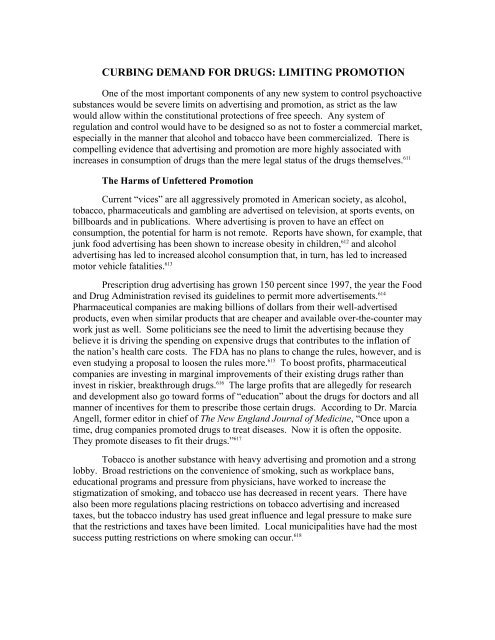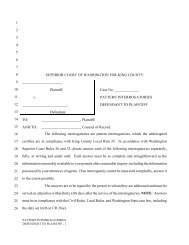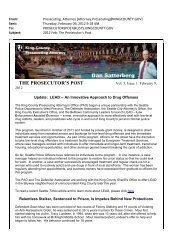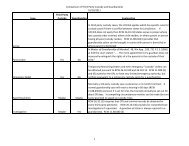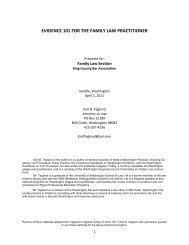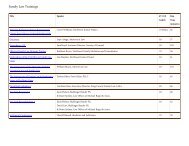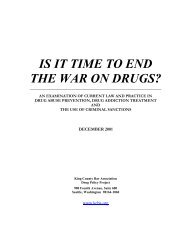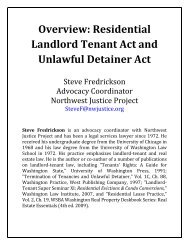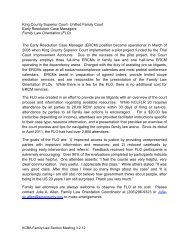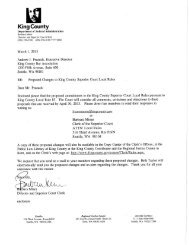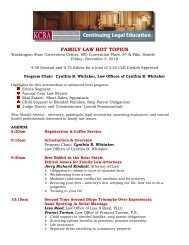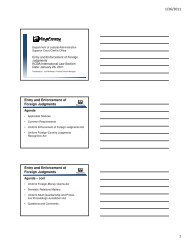Effective Drug Control: Toward A New Legal Framework
Effective Drug Control: Toward A New Legal Framework
Effective Drug Control: Toward A New Legal Framework
You also want an ePaper? Increase the reach of your titles
YUMPU automatically turns print PDFs into web optimized ePapers that Google loves.
CURBING DEMAND FOR DRUGS: LIMITING PROMOTION<br />
One of the most important components of any new system to control psychoactive<br />
substances would be severe limits on advertising and promotion, as strict as the law<br />
would allow within the constitutional protections of free speech. Any system of<br />
regulation and control would have to be designed so as not to foster a commercial market,<br />
especially in the manner that alcohol and tobacco have been commercialized. There is<br />
compelling evidence that advertising and promotion are more highly associated with<br />
increases in consumption of drugs than the mere legal status of the drugs themselves. 611<br />
The Harms of Unfettered Promotion<br />
Current “vices” are all aggressively promoted in American society, as alcohol,<br />
tobacco, pharmaceuticals and gambling are advertised on television, at sports events, on<br />
billboards and in publications. Where advertising is proven to have an effect on<br />
consumption, the potential for harm is not remote. Reports have shown, for example, that<br />
junk food advertising has been shown to increase obesity in children, 612 and alcohol<br />
advertising has led to increased alcohol consumption that, in turn, has led to increased<br />
motor vehicle fatalities. 613<br />
Prescription drug advertising has grown 150 percent since 1997, the year the Food<br />
and <strong>Drug</strong> Administration revised its guidelines to permit more advertisements. 614<br />
Pharmaceutical companies are making billions of dollars from their well-advertised<br />
products, even when similar products that are cheaper and available over-the-counter may<br />
work just as well. Some politicians see the need to limit the advertising because they<br />
believe it is driving the spending on expensive drugs that contributes to the inflation of<br />
the nation’s health care costs. The FDA has no plans to change the rules, however, and is<br />
even studying a proposal to loosen the rules more. 615 To boost profits, pharmaceutical<br />
companies are investing in marginal improvements of their existing drugs rather than<br />
invest in riskier, breakthrough drugs. 616 The large profits that are allegedly for research<br />
and development also go toward forms of “education” about the drugs for doctors and all<br />
manner of incentives for them to prescribe those certain drugs. According to Dr. Marcia<br />
Angell, former editor in chief of The <strong>New</strong> England Journal of Medicine, “Once upon a<br />
time, drug companies promoted drugs to treat diseases. Now it is often the opposite.<br />
They promote diseases to fit their drugs.” 617<br />
Tobacco is another substance with heavy advertising and promotion and a strong<br />
lobby. Broad restrictions on the convenience of smoking, such as workplace bans,<br />
educational programs and pressure from physicians, have worked to increase the<br />
stigmatization of smoking, and tobacco use has decreased in recent years. There have<br />
also been more regulations placing restrictions on tobacco advertising and increased<br />
taxes, but the tobacco industry has used great influence and legal pressure to make sure<br />
that the restrictions and taxes have been limited. Local municipalities have had the most<br />
success putting restrictions on where smoking can occur. 618


